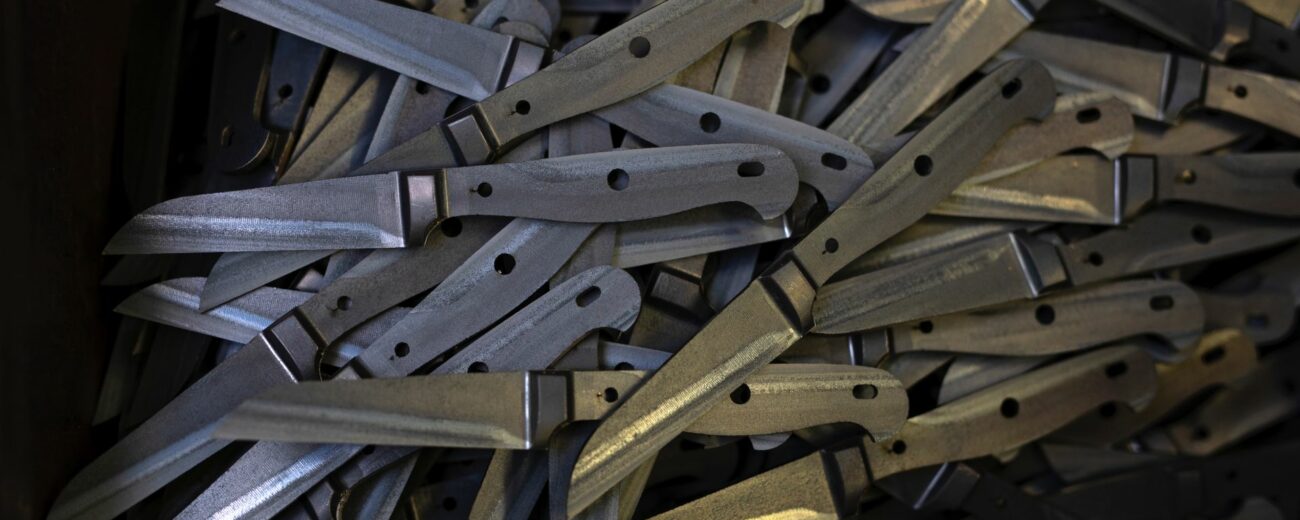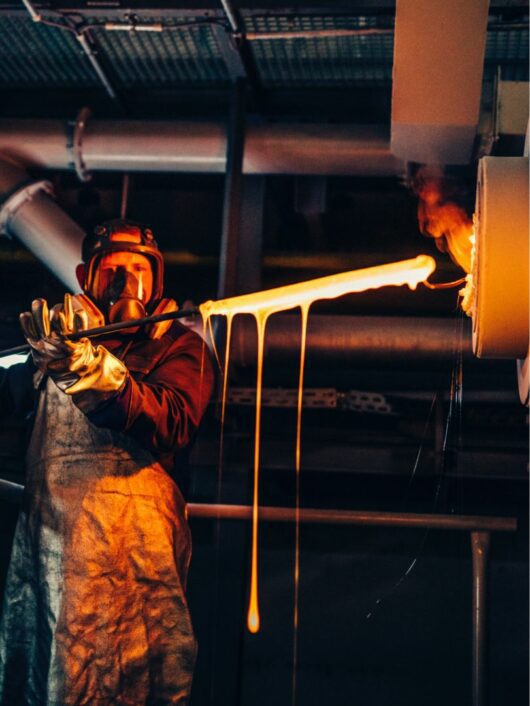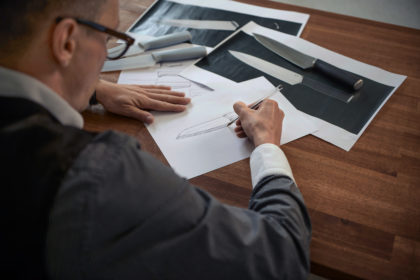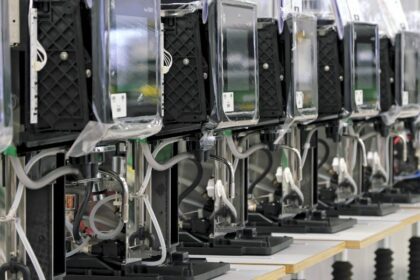Follow us on social media
You are now leaving aboutwmf.com. Please note that this link opens an external website for whose content we are not responsible and to which our privacy policy does not apply. The user agreement and privacy policy of the provider apply there, and cookies may also be set by the provider. This is beyond our control.
About WMF
Service
Contact
Groupe SEB WMF Shared Services GmbH
WMF Platz 1
D-73312 Geislingen/Steige
Gry +49 (0) 7331 25 1
Email vasb@jzs.qr












